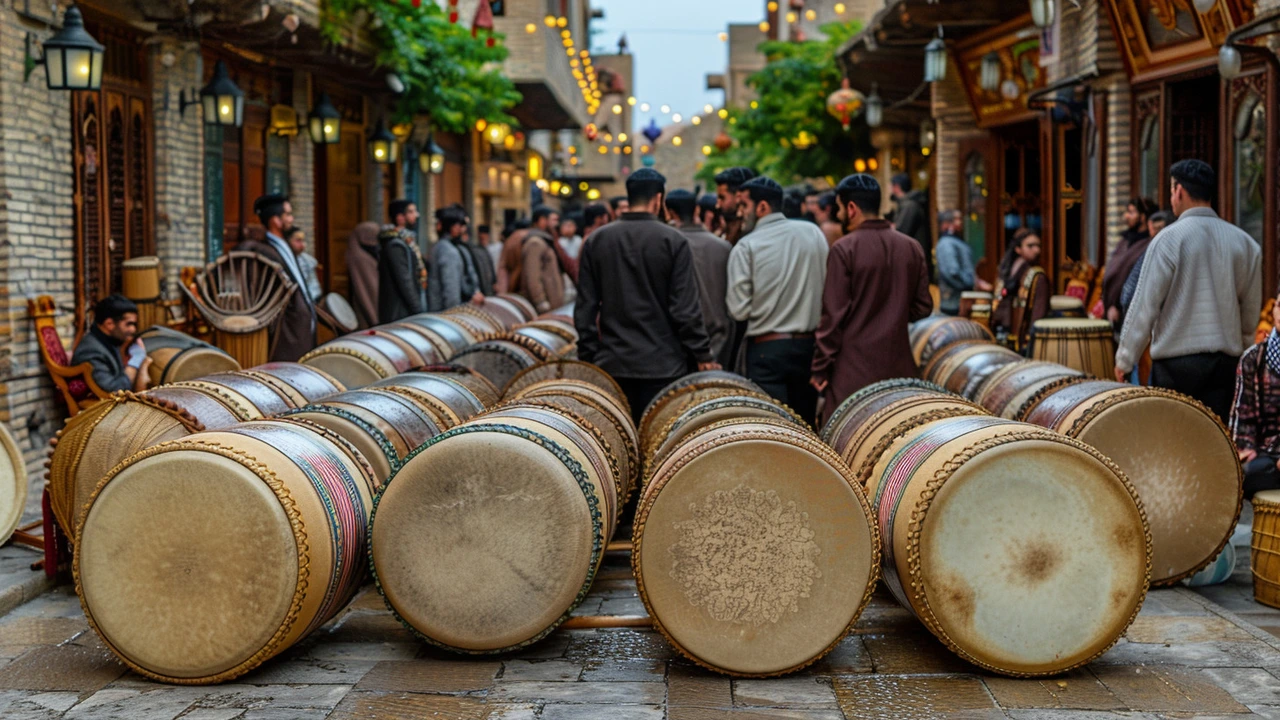Kurdish Rights: What’s Happening and Why It Matters
About 30 million Kurds live across Turkey, Iraq, Syria and Iran, yet their rights and recognition vary a lot from one country to another. Kurdish rights cover language, cultural expression, political representation, land claims and protection from violence. That mix makes the topic complex, but you don’t need to be an expert to understand the main issues or to follow developments closely.
What Kurdish rights mean today
Start with language and culture. In some places Kurdish can be used in schools and media; in other places it’s restricted or discouraged. Language rights shape how a community keeps its identity. Political rights matter too: Iraqi Kurdistan has its own regional government and parliament, while Kurds in Turkey, Syria and Iran face tougher limits on political organizing.
Security and displacement are central concerns. Conflicts with state forces, cross-border military operations and the rise and fall of armed groups have forced many Kurds to flee or to live under constant threat. Accountability for abuses, access to justice and safe return for displaced families are ongoing demands from Kurdish communities.
Women’s roles within Kurdish movements are an important and visible part of the story. Many Kurdish groups emphasize female leadership and protection, which changes both local politics and how rights campaigns are run.
How to follow news and support Kurdish rights
If you want reliable updates, follow a mix of regional Kurdish outlets and established international human rights groups. Regional outlets report local moves quickly; international organizations add verification and legal context. Use social media lists or news alerts to keep updates manageable.
Want to help beyond following the news? Here are concrete steps: sign verified petitions that demand fair trials or release of political prisoners; donate to vetted relief groups helping displaced Kurdish families; share verified reports and first-person stories to amplify voices that are otherwise sidelined. Contact your local representatives to ask for clear foreign policy stances that protect civilians and support humanitarian aid.
When you share or act, check sources. Misinformation spreads fast around conflicts. Look for multiple confirmations, official statements and reports from credible NGOs before amplifying dramatic claims.
Kurdish rights connect to broader regional stability. Progress on language, political participation and protection from violence can reduce tension and open paths to peaceful solutions. Watch for legal changes, elections, court rulings and humanitarian access as early signals of real shifts on the ground.
Want short updates? Subscribe to newsletters from trusted outlets and set alerts for terms like "Kurdish rights," "Iraqi Kurdistan," or specific human rights reports. That keeps you informed without getting overwhelmed.
Questions or looking for specific resources? Tell us what region or issue you care about and we’ll point to reliable local media, human rights reports and practical ways to help.
